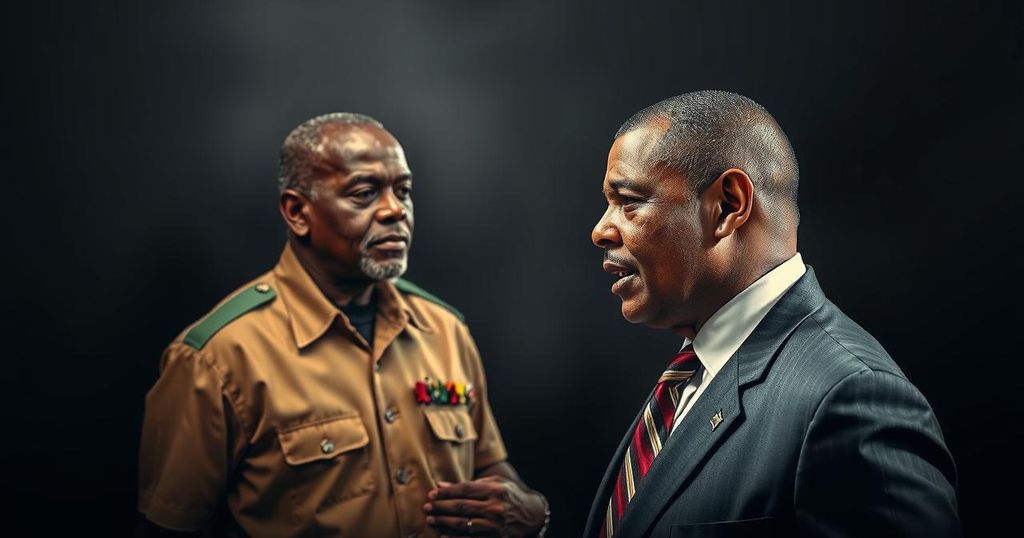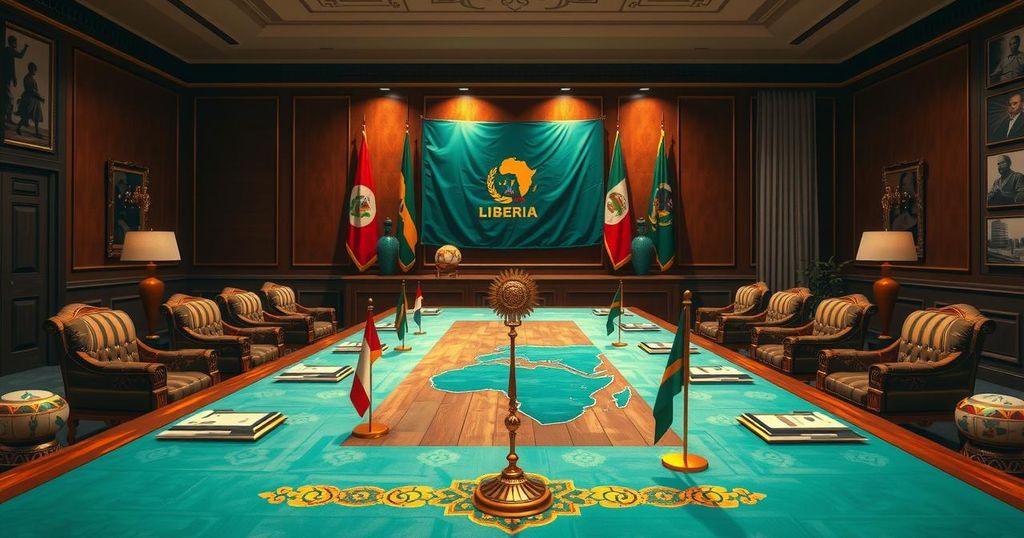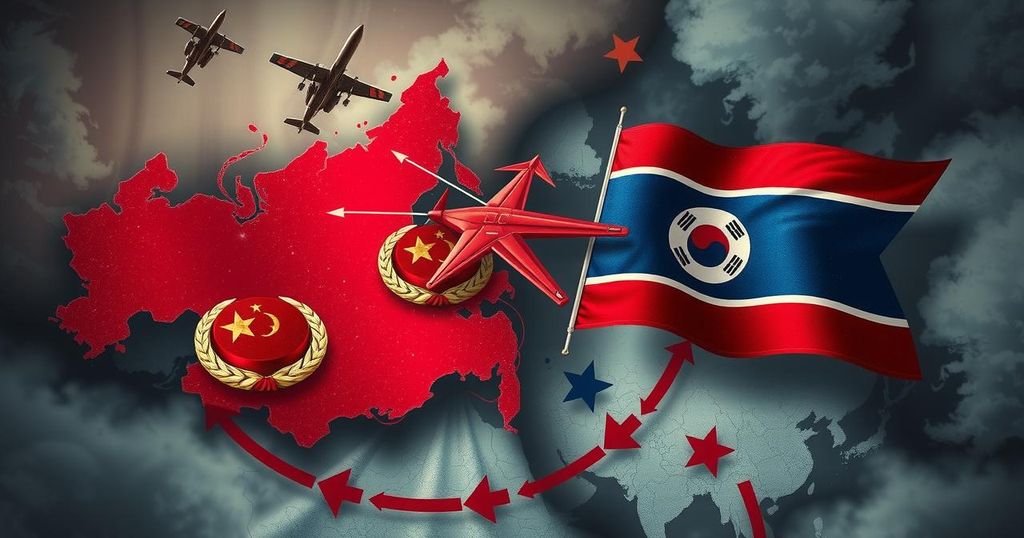Allegations of Zimbabwe’s Interference in Neighboring Elections Spark Controversy
Zimbabwe faces accusations of electoral interference in neighboring Botswana, Namibia, and Mozambique by opposition parties, alleging that the ruling Zanu-PF party is supporting specific campaigns. In response, government officials deny these claims, asserting a commitment to democratic processes in the region. The issue raises concerns about sovereignty and electoral integrity in Southern Africa amidst ongoing diplomatic tensions.
Zimbabwe is facing allegations of electoral interference by opposition parties in Botswana, Namibia, and Mozambique due to its close affiliations with ruling parties in these nations. The ruling party of Zimbabwe, Zanu-PF, claims to resist neo-colonialist influences returning to Southern Africa. To bolster the Front for the Liberation of Mozambique (Frelimo) as it approached its contentious elections on October 9, Zanu-PF dispatched campaign teams to support the new president, Daniel Chapo. Notably, Frelimo was permitted to conduct campaign events in Zimbabwe to attract votes from the diaspora. Among the Zimbabwean community, there is a significant population of Mozambicans, many of whom participated in the elections through the diaspora voting provision. Zanu-PF officials have also campaigned alongside members of Botswana’s ruling Botswana Democratic Party in preparation for the upcoming polls on October 30. Meanwhile, in Namibia, opposition groups have expressed concerns regarding a South African company’s contract to print ballot papers, alleging a connection to a close ally of Zimbabwe’s President Emmerson Mnangagwa. Earlier in the year, Zanu-PF convened a conference of liberation movements within the Southern African Development Community (SADC) to rally support against what it perceives as threats from former colonial powers. Participation was noted from African National Congress, Chama Cha Mapinduzi, Frelimo, BDP, the People’s Movement for the Liberation of Angola, and Namibia’s South West Africa People’s Organisation, although most except the ANC abstained from Zimbabwe’s disputed August elections. Former Botswana president Ian Khama has been particularly vocal, stating, “We just learnt that members of Zanu-PF voted in the just ended Mozambique general elections.” He has warned of potential electoral manipulation, pointing out that President Mnangagwa had publicly promised to support President Masisi’s election campaign. Concerned opposition leader Job Sikhala condemned Zanu-PF’s interventions, stating, “Zanu-PF’s push for regional recognition has reached desperate levels… That’s interference in the domestic affairs of a sovereign neighbouring state.” In response to these accusations, Zimbabwe’s Government Spokesman Nick Mangwana refuted any claims of meddling, asserting, “Zimbabwe works with any government democratically elected into office in the region… It is preposterous to allege that Zimbabwe is the country that determines who governs every country in the region.” Further complicating matters, Zimbabwe previously accused Zambia’s President Hakainde Hichilema of influencing the August elections after a SADC observer mission critiqued the electoral process. President Hichilema had appointed former Zambian vice-president Nevers Mumba to lead the observer efforts. Allegations now surround Zimbabwe’s attempts to support former Zambian president Edgar Lungu for the 2026 elections as diplomatic tensions have surged between the two nations. Mnangagwa’s premature congratulatory remarks regarding Frelimo’s electoral success prior to official announcement drew ire from opposition parties in Mozambique, who have protested alleged electoral fraud favoring Frelimo. Zimbabwe is currently chairing SADC and may be called upon to mediate escalating electoral disputes. Piers Pigou, a regional expert, indicated, “Last month Mnangagwa interfered in Botswana elections and now he pre-empts the official release of results in Mozambique elections… This is the SADC chair blatantly violating the process.”
This article highlights the ongoing controversy surrounding Zimbabwe’s involvement in the electoral processes of neighboring countries, specifically focusing on allegations made by opposition parties in Botswana, Namibia, and Mozambique regarding interference by Zanu-PF, Zimbabwe’s ruling party. The geopolitical context is underscored by Zanu-PF’s historical ties with regional liberation movements and its current role as SADC chair. The response from Zimbabwe’s government officials to the allegations suggests a complex interplay of domestic politics and regional diplomacy, revealing the tensions that arise when one nation appears to meddle in the sovereign affairs of another.
In conclusion, the allegations against Zimbabwe for interfering in the electoral affairs of its neighbors underscore significant regional tensions and the complexity of Southern African politics. As Zanu-PF’s actions come under scrutiny, the responses from both the Zimbabwean government and opposition leaders reflect the broader concerns regarding sovereignty and electoral integrity in the region. The situation remains fluid as diplomatic dialogues and allegations proliferate amidst Zimbabwe’s chairmanship of SADC.
Original Source: www.theeastafrican.co.ke




Post Comment